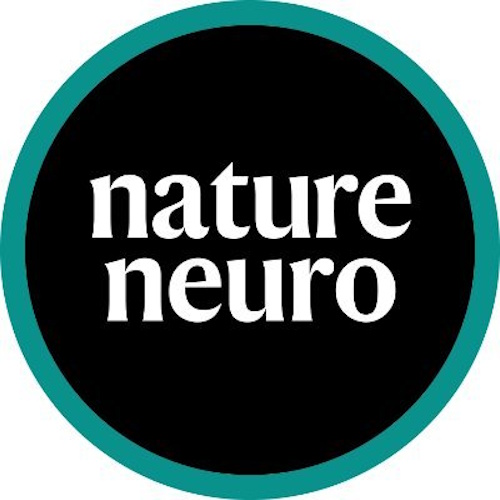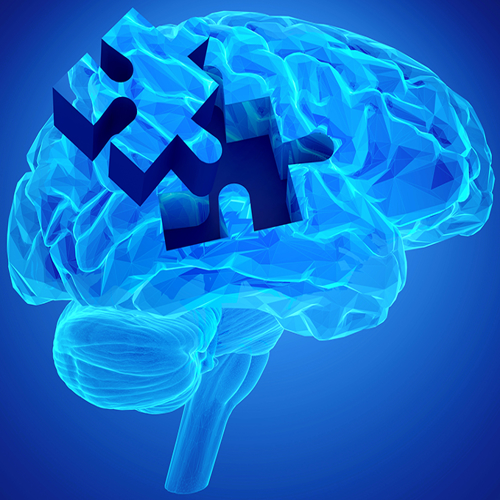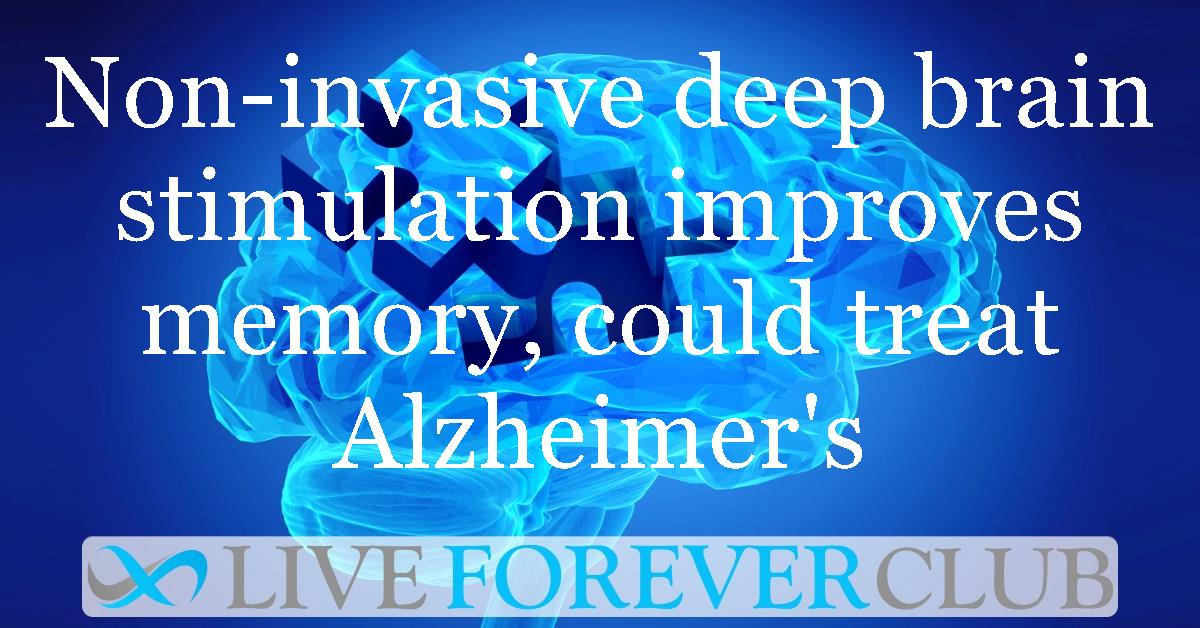Key points from article :
New non-invasive form of deep brain stimulation called temporal interference (TI) could provide a treatment option for brain diseases.
It works by remotely stimulating specific regions deep in the brain using electrodes placed on the scalp and different parts of the head.
Able to stimulate the hippocampus and improve memory function in healthy adults.
Scientists hope TI could soon be used to improve symptoms of memory loss in people with Alzheimer’s disease.
“It will help to scale up the availability of deep brain stimulation therapies by drastically reducing cost and risk," - Nir Grossman, lead author.
“Combination of non-invasive imaging and brain stimulation will help us unravel the processes that support cognitive functions, such as memory and learning," - Ines Violante, first author.
Research led by EPFL, published in the journal Nature Neuroscience.








